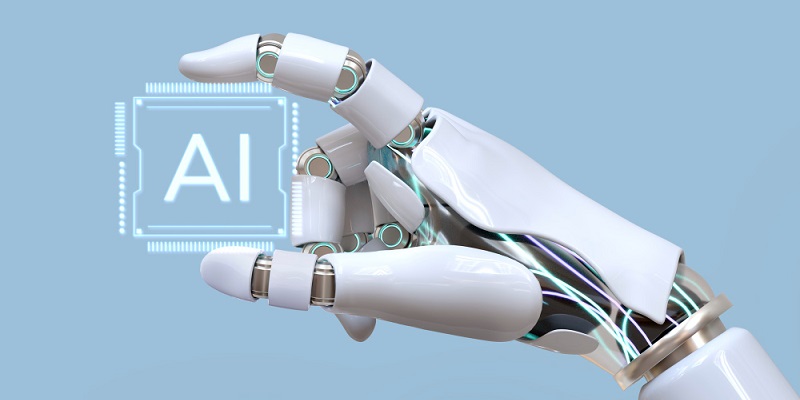Generative AI is the groundbreaking field of artificial intelligence that enables machines to create a diverse range of content, including words, images, videos, music, computer applications, and even complete virtual worlds. What distinguishes generative AI is its capacity to democratize the power of machine intelligence, empowering individuals to become builders and creators in ways never seen before.
Advancements in Generative AI
The new generation of generative AI tools has taken innovation to another level. These tools enable individuals to build and create in amazing ways, breaking conventional barriers. With the ability to shape and mold data, generative AI is empowering individuals to unleash their creativity and create content that was once limited to professionals.
Generative AI models are trained on existing data and use that knowledge to create new data while following the patterns and rules they have learned. Unlike discriminative AI, which focuses on classification, generative AI is centered around understanding patterns and structure in data to generate new and original content that closely resembles its training data.
The applications of generative AI are vast and varied. It can be harnessed to create stunning images, compelling text, efficient code, captivating audiovisuals, and even virtual environments. The versatility of generative AI extends to diverse fields, including art, music, product design, drug discovery, and even the creation of deepfake videos. The potential for generative AI to drive innovation and streamline processes is immense.
Roots of Generative AI
Generative AI has its roots in the field of machine learning, where algorithms enhance their performance with access to more and more data. Leveraging this knowledge, generative AI algorithms can learn patterns and generate new data that aligns with the style and structure of their training data. This evolutionary leap has paved the way for the emergence of powerful generative AI models.
Several notable generative AI models are making significant advancements in the field. Large Language Models (LLMs) are capable of generating coherent and contextually relevant text. Generative Adversarial Networks (GANs) pit a generator against a discriminator to create new and realistic images and videos. Transformer models have revolutionized natural language processing, pushing the boundaries of machine-generated content further.
Implications of Generative AI
While the potential of generative AI is vast, it poses ethical concerns that demand our attention. Authenticity becomes increasingly challenging to discern with the rise of content generated by generative AI. Job displacement looms as machines gain the ability to generate content traditionally performed by humans. Privacy concerns arise as generative AI can potentially generate content that infringes on personal boundaries. Ownership of generative AI-generated content becomes contentious, leading to debates around intellectual property rights. Lastly, the societal impact of generative AI raises questions about the manipulation of information and the potential for misuse.
Generative AI has unlocked a world of possibilities, allowing individuals to create, innovate, and shape content like never before. It has brought us breathtaking art, novel music compositions, efficient algorithms, accelerated drug discovery, and realistic virtual environments. However, as generative AI continues to evolve, we must navigate the ethical implications it presents. Striking a balance between harnessing its potential and addressing the concerns it raises is crucial to ensure a responsible and beneficial future for generative AI.

